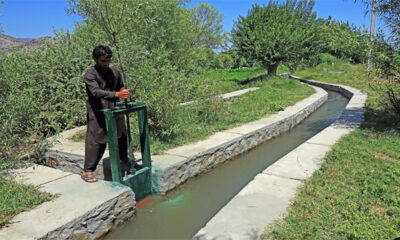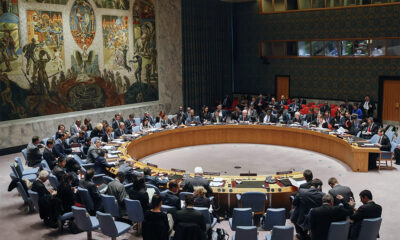Business
Anti-graft commission probes ‘catastrophic’ customs corruption
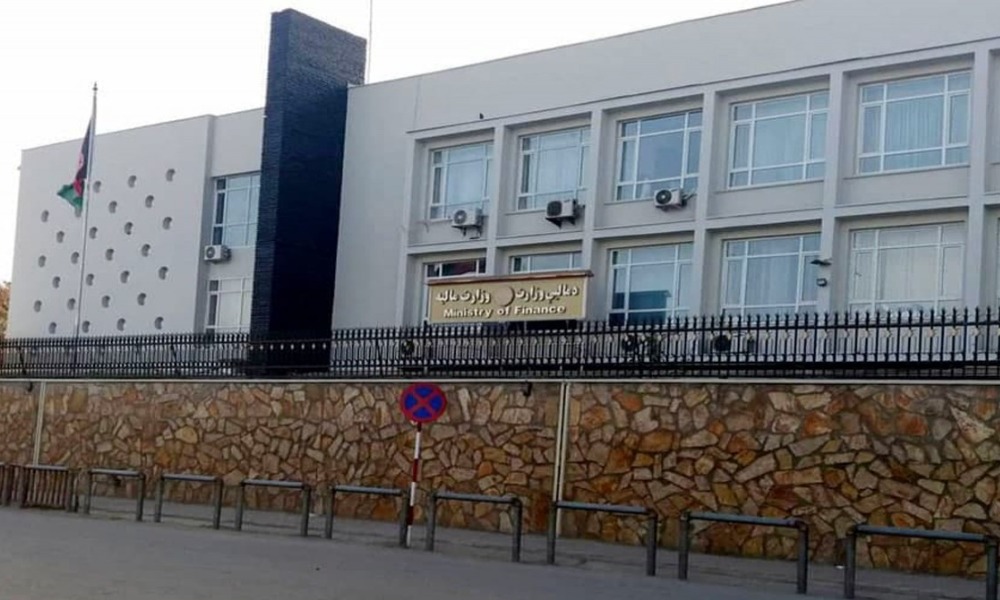
Anti-corruption agencies have described reports by the acting minister of finance that as much as $8 million is being embezzled by customs on a daily basis as being “catastrophic”.
The Anti-Corruption Commission says it is investigating the acting minister’s claims.
“The Anti-Corruption Commission is investigating the matter and will obtain further information from the Ministry of Finance,” said Mohammad Salim Safari, media officer at the commission.
This comes after acting finance minister Khalid Painda told MPs in the Wolesi Jirga (Lower House of Parliament) on Wednesday that between $7 million and $8 million was not being collected daily by customs across the country.
MPs in turn accused government leadership, especially the Ministry of Finance, of being the main culprits regarding corruption in customs, and said Painda needs to stop corruption instead of complaining about it.
On Wednesday, Painda told MPs in Parliament that there are reports of corruption involving governors, police commanders, employees of the Ministry of Finance as well as members of the public.
Asked about who is behind the multi-million dollar corruption scheme, Painda was not able to give satisfactory answers, members of the administrative board of the Wolesi Jirga said.
“Instead of giving statistics, the Ministry of Finance should fight corruption and reveal the list of corrupt people,” said Hujatullah Kheradmand, Deputy Secretary of the House of Representatives.
Members of the public, however, have a different view, saying that the head and leadership of the Ministry of Finance are primarily responsible for the corruption but instead they are blaming others.
President Ashraf Ghani has in the past accused the interior ministry of being at the heart of corruption in the country. But some members of the public say it appears that the ministry of finance has now taken that top spot.
In response to the scandal, the Ministry of Industry and Trade says that the smuggling of commercial goods into the country has reduced domestic production.
The Ministry says that joint efforts have been launched with the Ministry of Finance to address this challenge, and that tariffs on imported goods should be increased by 100 percent.
The private sector, on the other hand, says that domestic industrialists still do not have access to production resources.
Members of the private sector say that if the government supports the private sector, investments in the country will increase and jobs will be created.
Business
Export volume totals over $140 million in last month of 1402
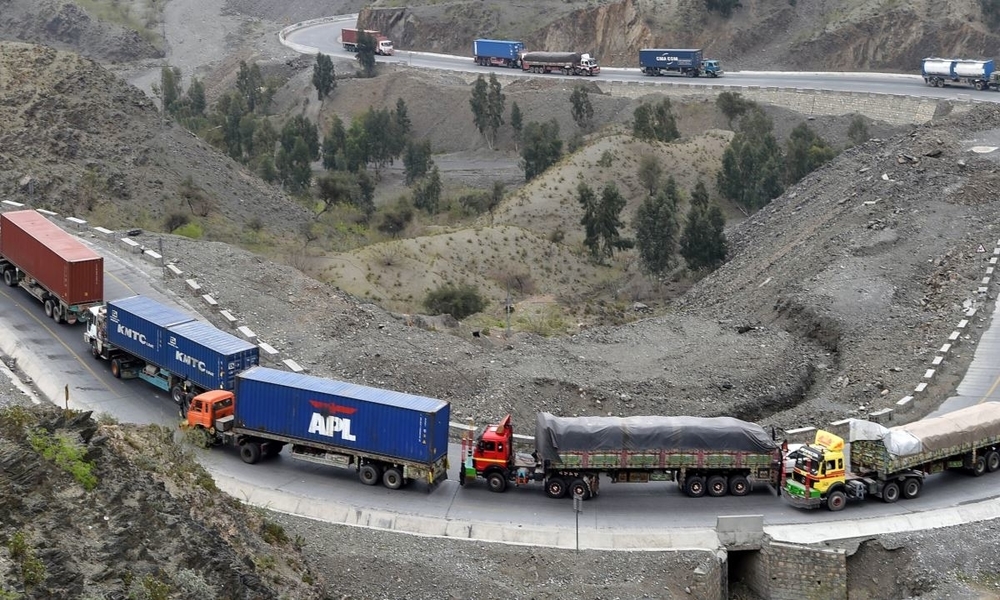
The National Statistics and Information Authority (NSIA) confirmed Tuesday that in the last month of solar year 1402, (March 2024) Afghanistan’s exports totaled $141.1 million and imports totaled $789.6 million.
This was down from $174 million for exports in the same period in 1401. However, imports increased by $99.2 million in 1402, up from $690.4 million.
Most exports in the last month of 1402 went to Pakistan, India and the United Arab Emirates, while in the last month of 1401 exports went to Pakistan, India and China.
Business
Afghanistan-Kazakhstan chamber of commerce opens in Herat
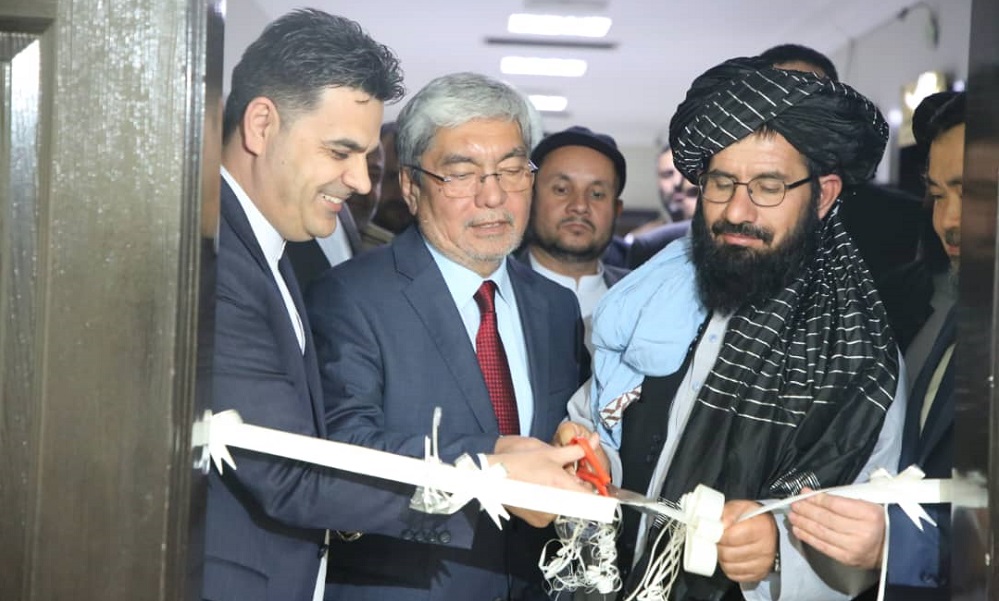
The Ministry of Interior said the governor of Herat province Islam Jar met with Alim Khan Yasin Gildaye, Ambassador of Kazakhstan to Afghanistan, to discuss various issues around trade.
According to the ministry, the two sides discussed the expansion of trade facilities, increasing the volume of trade exchanges between traders of the two countries, reducing customs tariffs, solving the challenges of traders and issuing visas to them.
The Afghanistan-Kazakhstan Chamber of Commerce has been opened in Herat in order to facilitate and increase trade between the two countries.
Business
Afghanistan reaches self-sufficiency in production of 133 items: MoIC
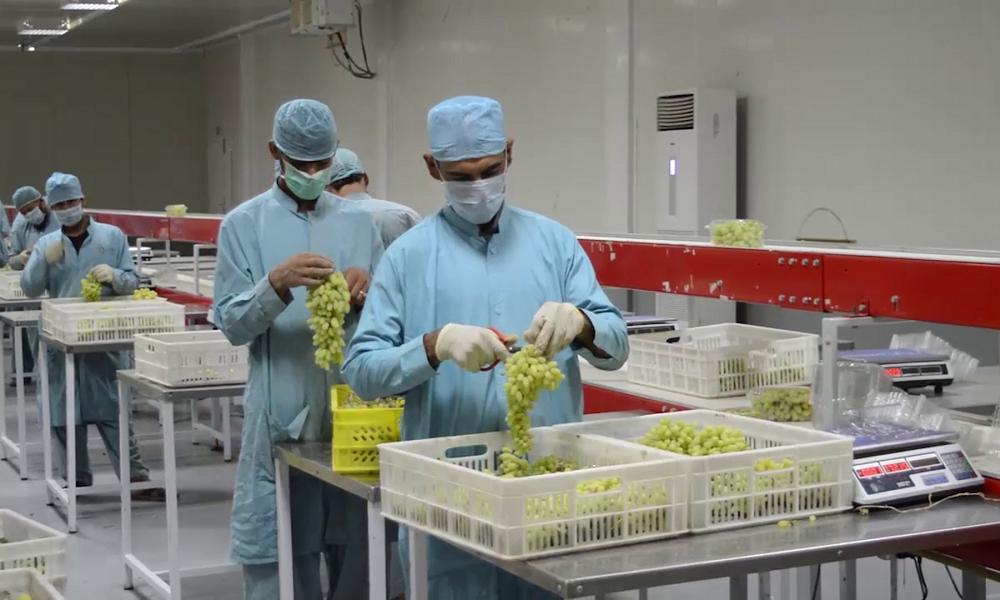
The Ministry of Industry and Commerce (MoIC) says Afghanistan has reached self-sufficiency in 45 sectors and the production of 133 items, and that the ministry is striving to change Afghanistan from an importing country to an exporting one.
The ministry officials said that for this purpose, supporting domestic products and attracting investment is essential.
The ministry’s spokesman Abdul Salam Jawad Akhundzada emphasized increasing the use of domestic goods and products in government and national projects and added that efforts have also begun to find a market for domestic products inside and outside the country.
“We have reached self-sufficiency in 133 items of production, which is 45 sectors, and also we reached the capacity of semi-self-sufficiency in 95 items of production, which is 27 sectors,” he said.
Meanwhile, the Chamber of Industries and Mines (ACIM) says over the past two and a half years, more attention has been paid to the development of domestic production and it is also expanding.
The chamber officials stressed expanding the culture of using domestic products in government projects.
“I think that the government is one of the biggest consumers in the market if it uses domestic products in all its development projects,” said Abdul Nasir Rashtia, a member of ACIM.
Economic experts also said that if the use of domestic products in government projects increases, Afghanistan will quickly move towards economic independence.
-

 Sport4 days ago
Sport4 days agoACL draw to be broadcast live on ATN channels
-

 Regional4 days ago
Regional4 days agoIRGC chief warns of harsher response if Israel attacks Iran
-

 Sport3 days ago
Sport3 days agoACL fever grows as fixtures finalized
-
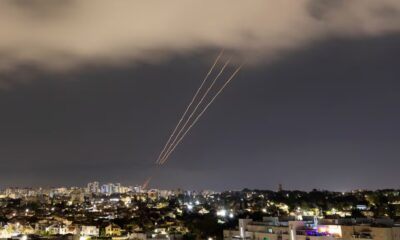
 Regional5 days ago
Regional5 days agoIran launches retaliatory attack on Israel with hundreds of drones, missiles
-
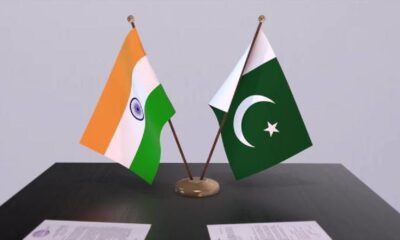
 Latest News4 days ago
Latest News4 days agoContact group on Afghanistan hits roadblock over Pakistan’s gripe with India
-

 Sport4 days ago
Sport4 days agoHetmyer powers Rajasthan win in low-scoring IPL thriller
-
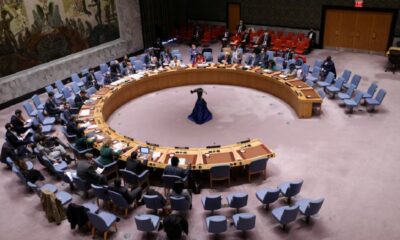
 World4 days ago
World4 days agoUN Security Council to meet Sunday on Iran attack
-

 World3 days ago
World3 days agoUS will not take part in any Israeli retaliatory action against Iran










